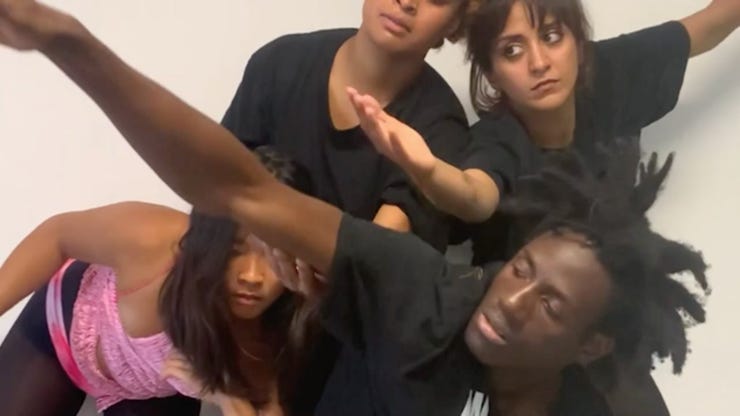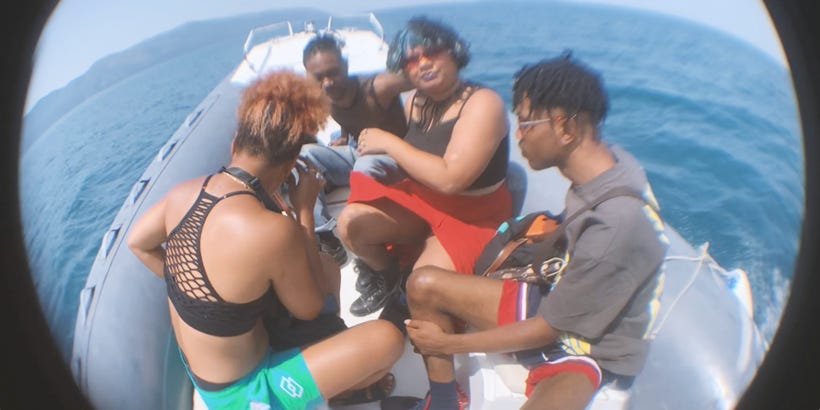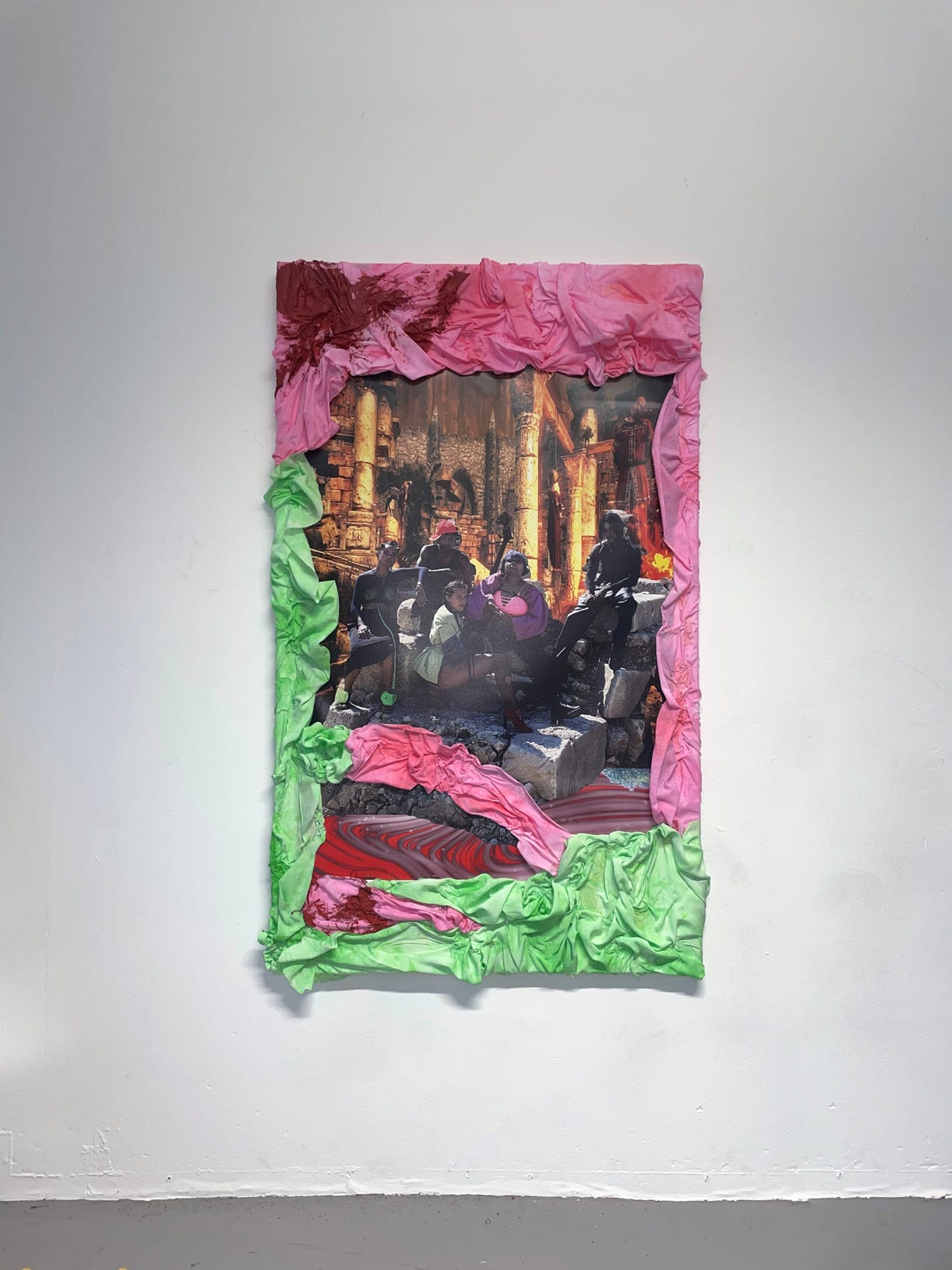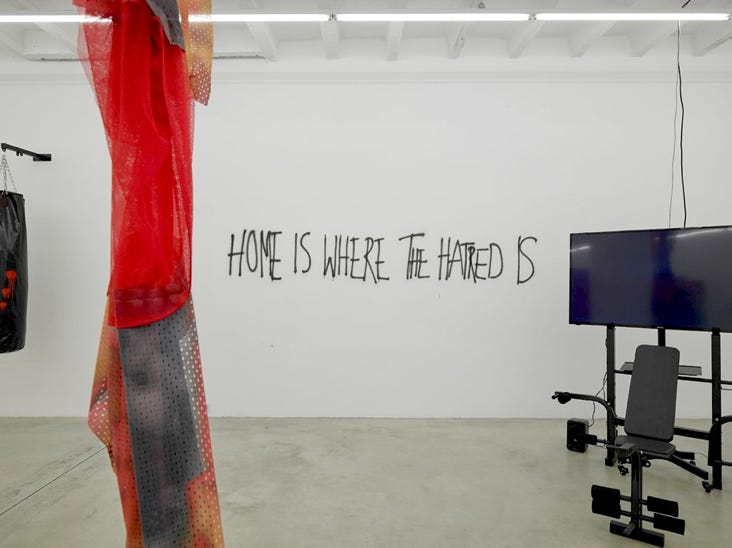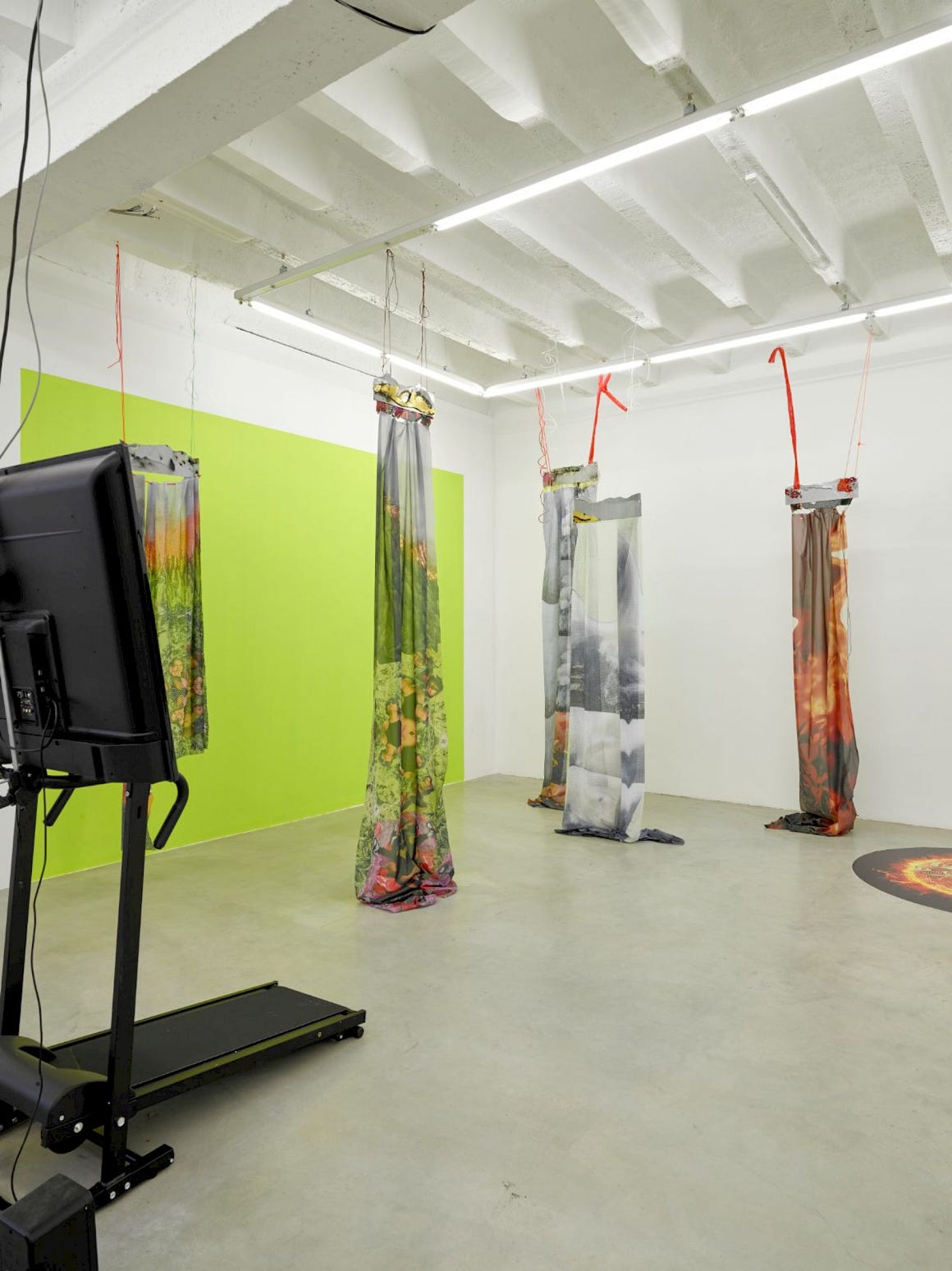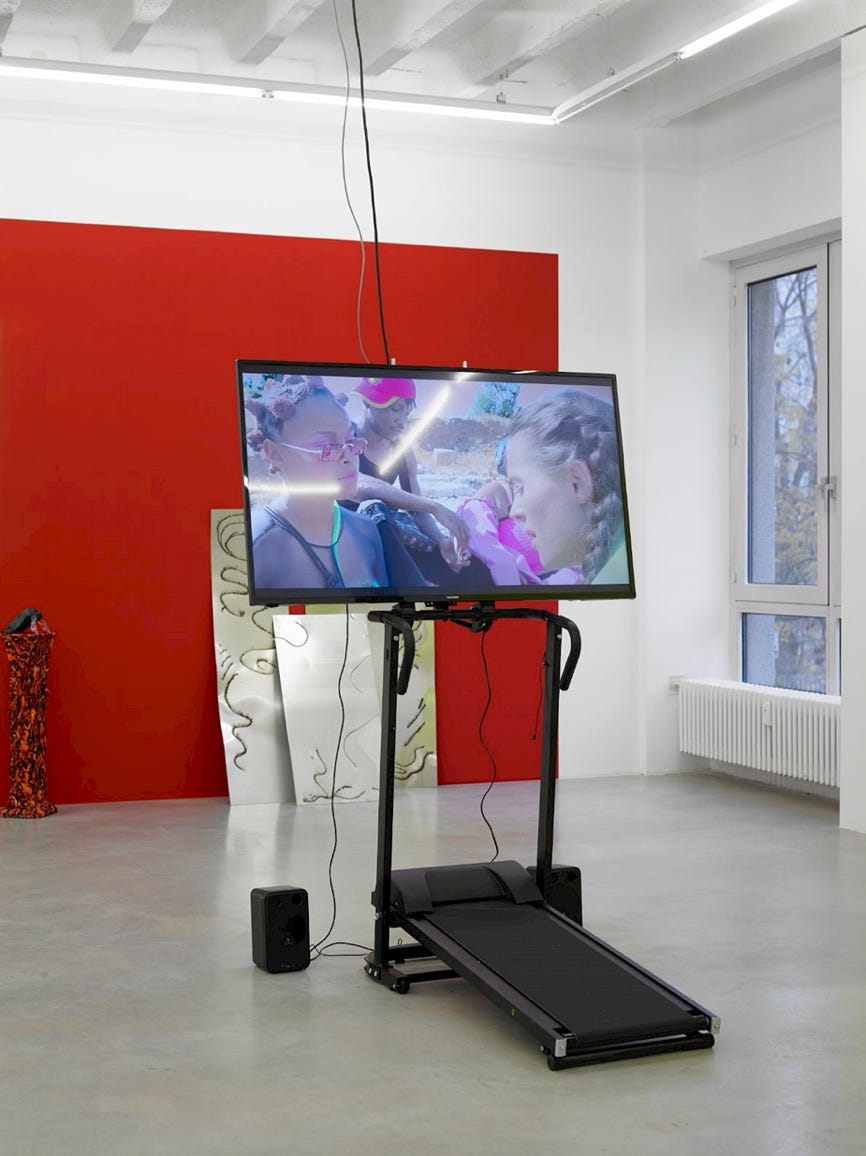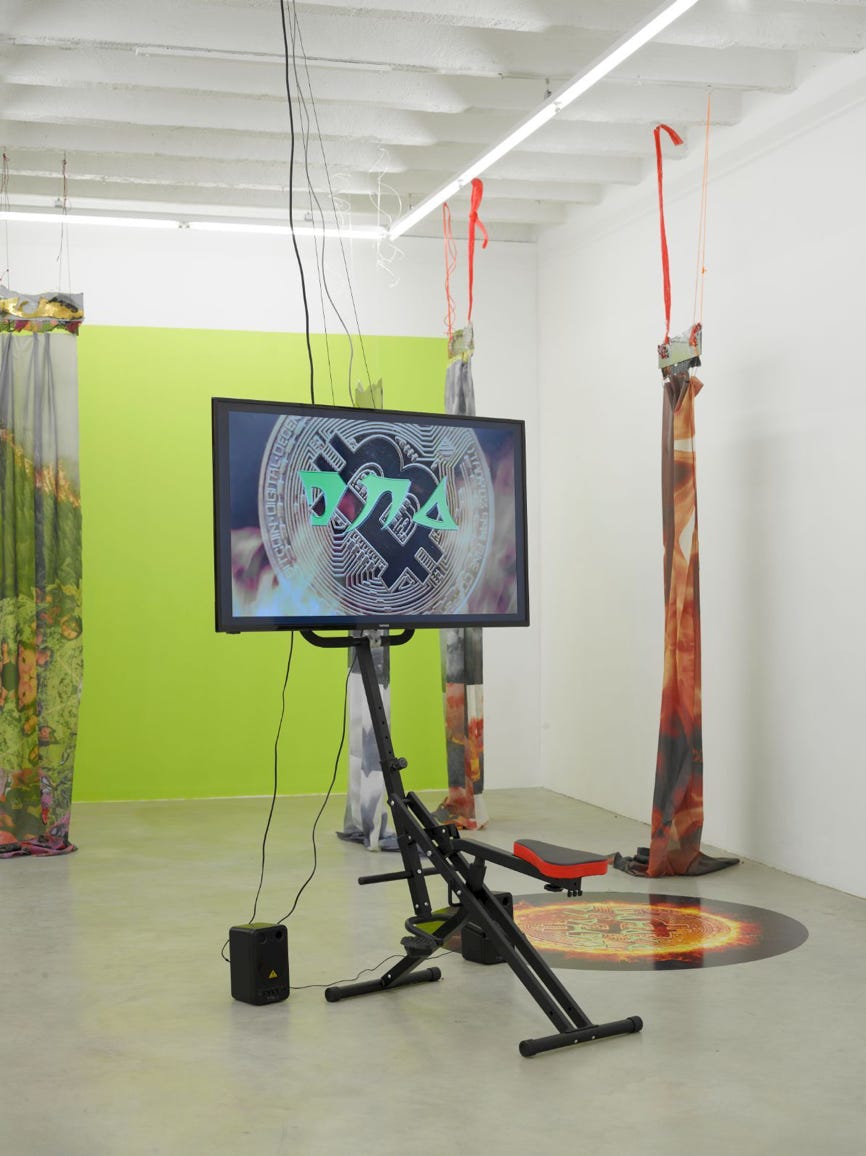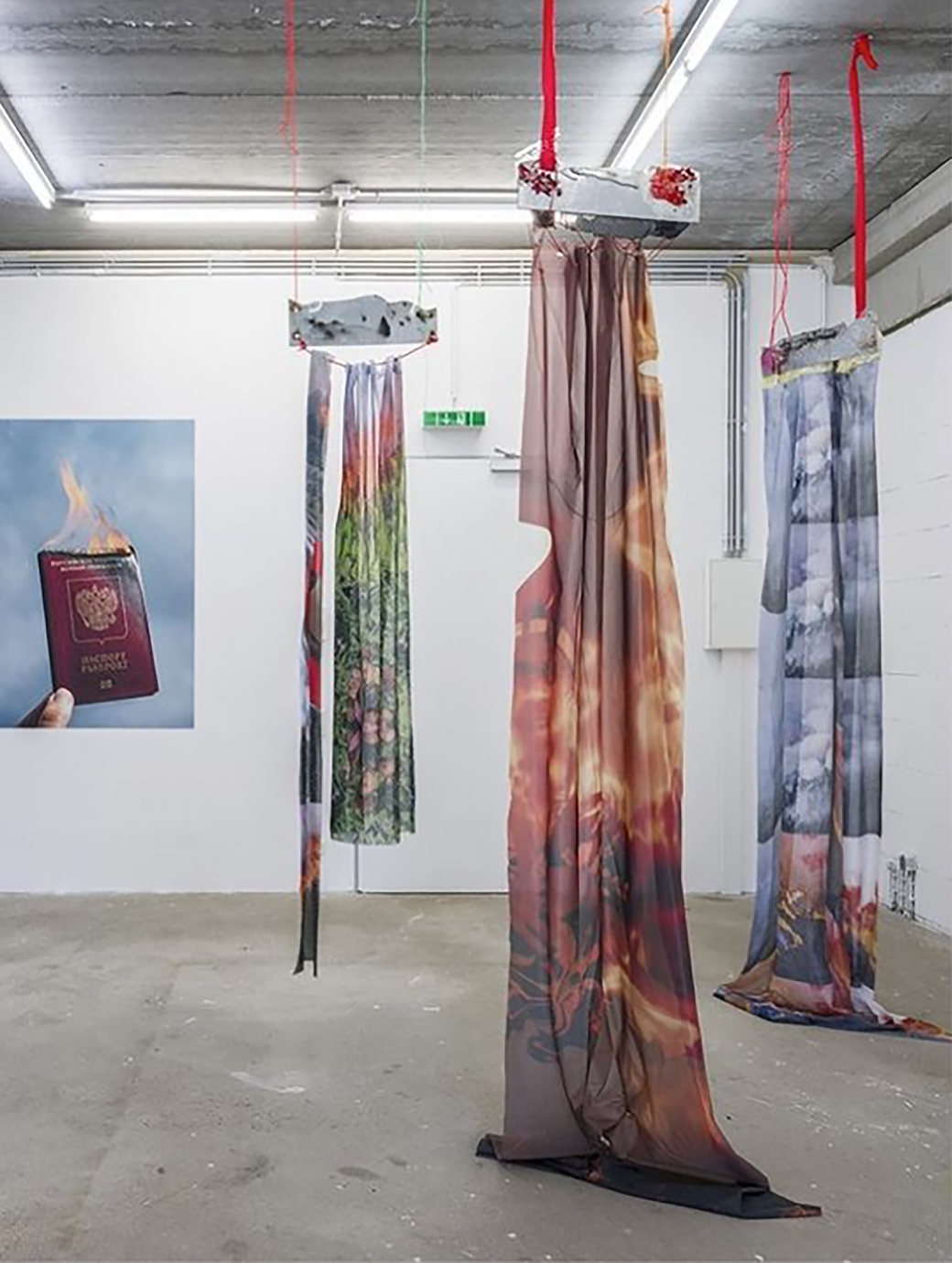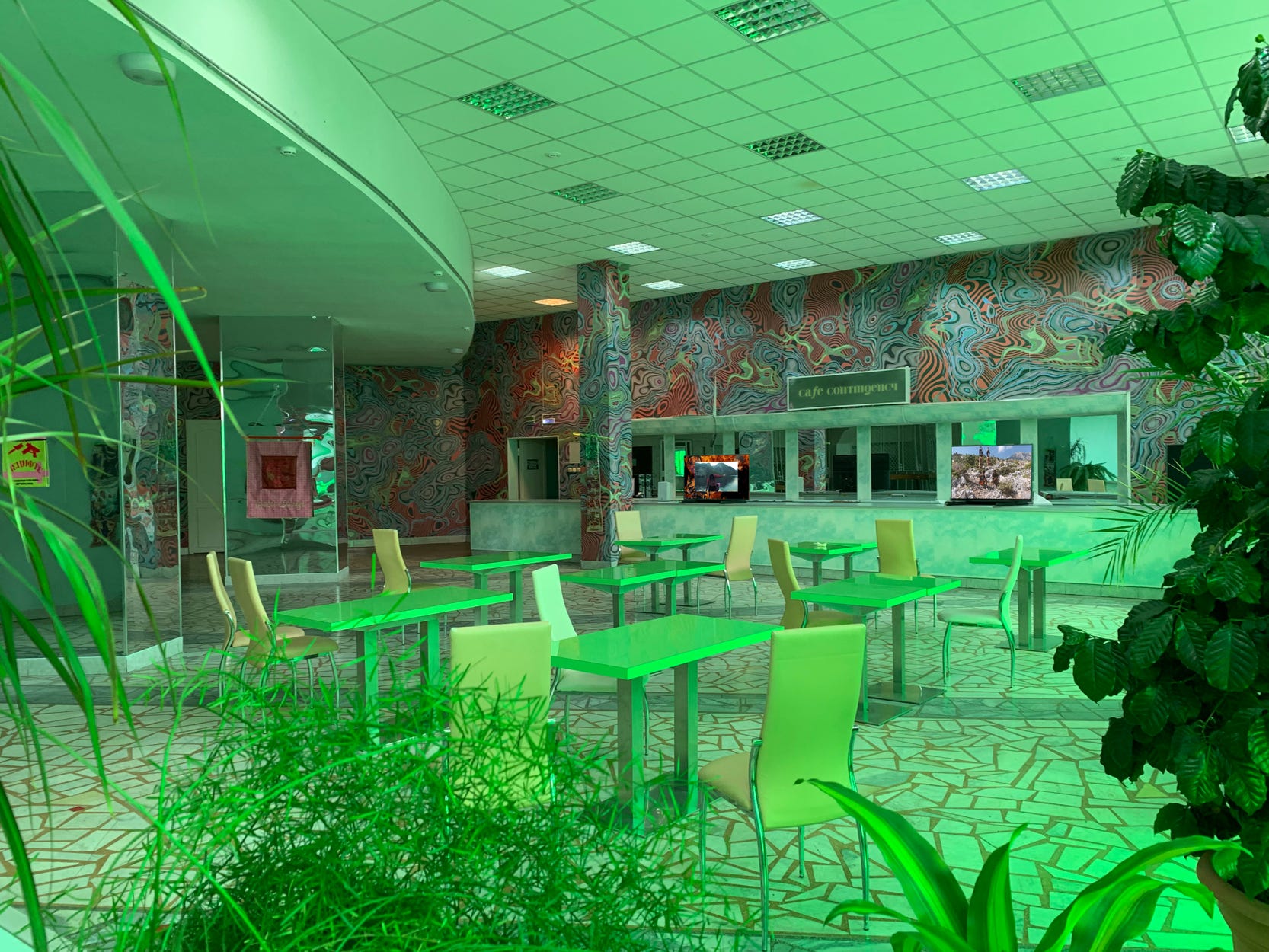The Albanian Conference:
In Collaboration with DNA, Fadescha & Rebecca Pokua Korang
- ongoing
The frst Afro-Asian writers conference was held in 1958 in Tashkent, at that time USSR,
now the capital of contemporary Uzbekistan. Inspired by the Badung conference, the
Afro-Asian writers conference took place over two decades to denounce imperialism
and establish cultural contacts among participating countries. In addition to providing a
forum for sharing literary works, the conference served as a venue for political
discussion. Sixty-three years later Anna Ehrenstein invites Fadescha, DNA and Korang-
Pokua to her home country Albania, to revise the conference in a post-colonial and
post-digital environment. The newly awakened alliance is born from an incredibly
charged social and political moment, one of continuous environmental degradation,
global pandemic, militarized police force, relentless racism, casteism, border brutality,
and drastic social inequality - in all it's exaggerations for the Global South and it's
descendants.
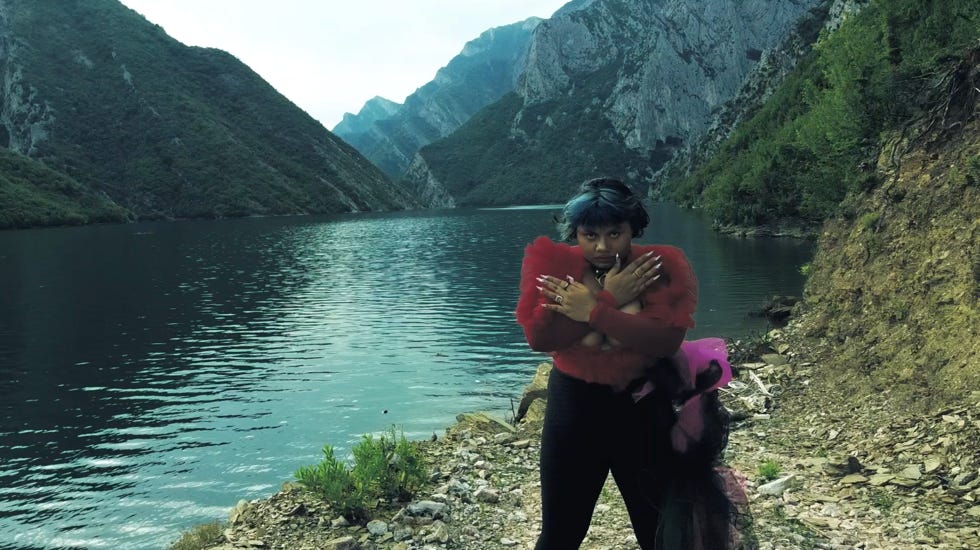
multi-screen-video installation
& site specific performance
Anna Ehrenstein feat. DNA, fadescha, Rebecca Pokua Korang
Choreography: Amna Khan, Exose Natika, Lie Thien Ngyuen
Sound: David Figuerra
Costume: Julieta Omil & Sinèad O’Dwyer
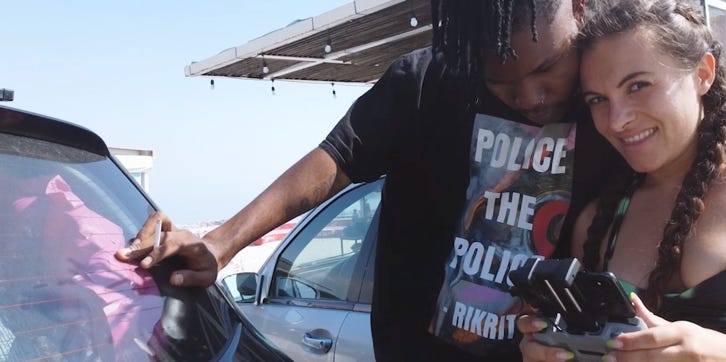
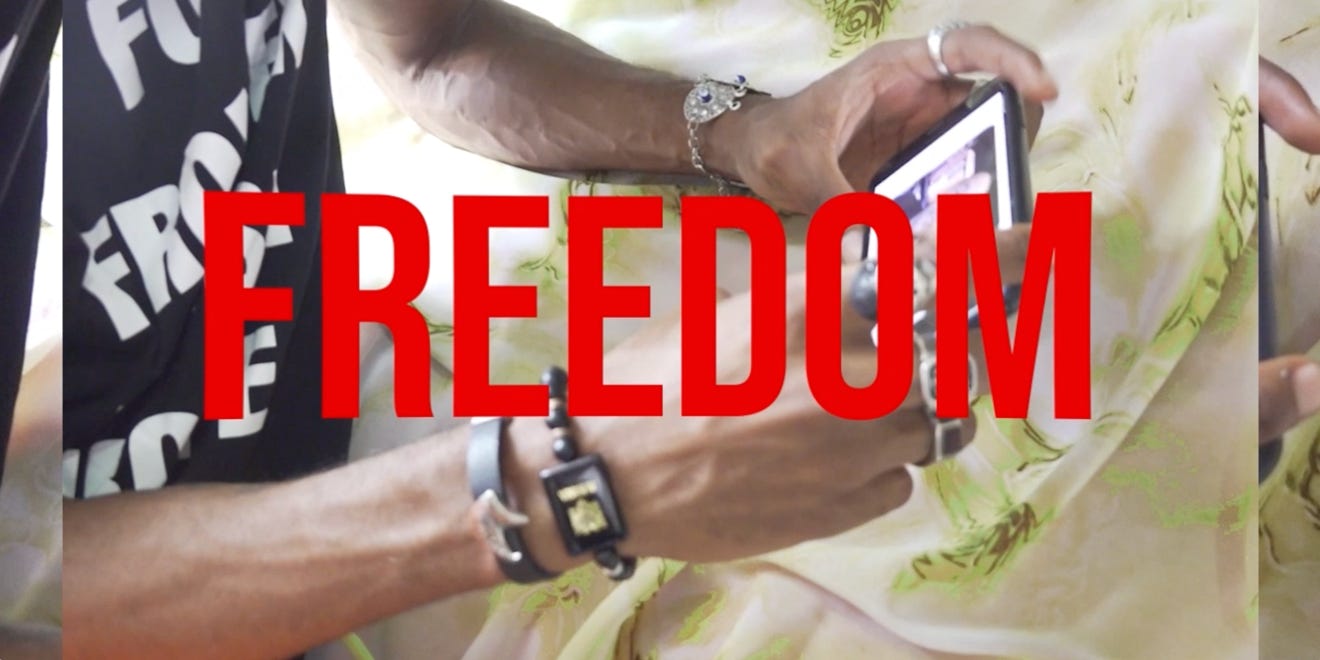
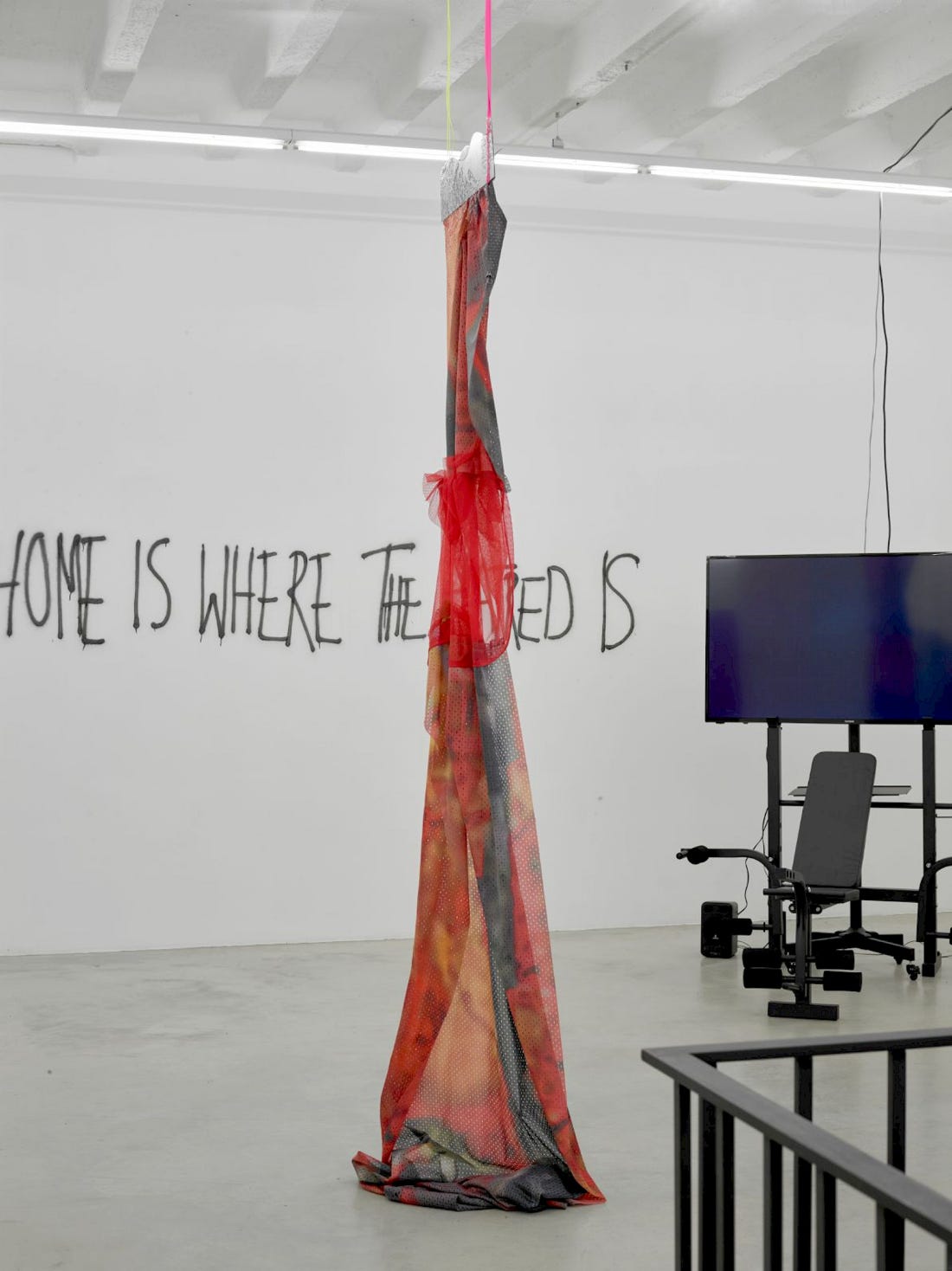
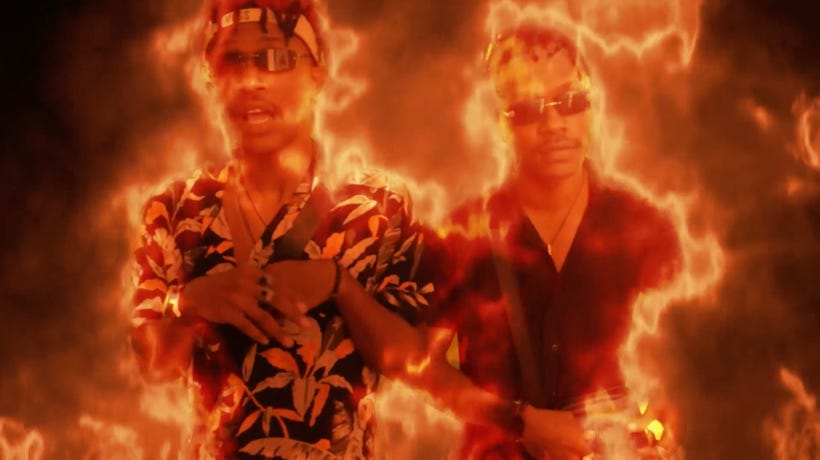
Every now and then, art demonstrates what progress might look like because it does—experiments with—something that isn’t quite so easy to do on a grand social, political, or economic scale, even though it appears to be urgently called for or at least has long been called for by progressive voices. For example? Fair global collaboration, decolonialized relations, solidarity that extends beyond traditional in-groups, a concern with issues that are not necessarily one’s own yet vital to individuals as well as the whole community. Did someone say: discourse of the commons? Yes, that too. And if you haven’t heard of it, time to get used to it: commoning (as a lived practice of looking to the common good rather than economic profit, including in art) will be a key theme in the near future.
- text: Alexander Koch
Sounds complicated? Just a bit. Anna Ehrenstein’s exhibition experiments with—does, puts into practice—what appears to be urgently called for. She creates an occasion, sets a stage, establishes an economy for a model of cultural collaboration, of concentus and coproduction, that intertwines political demands from various places all over the world. She teamed up with Fadescha, an influential art and cultural activist from Delhi; DNA, the duo of musicians from Lagos also known as Blair Opara and Clint Opara; and Beccy-Pokua Korang, an Afro-German performer. The five met in Albania, where Ehrenstein has a home, to produce four videos that constitute the exhibition’s core.
